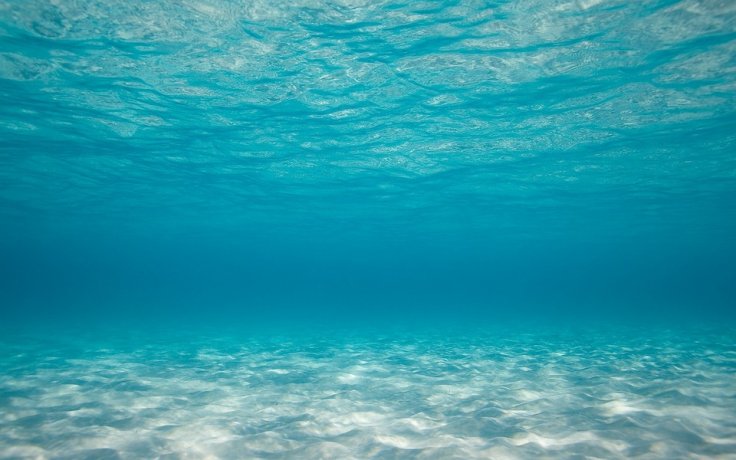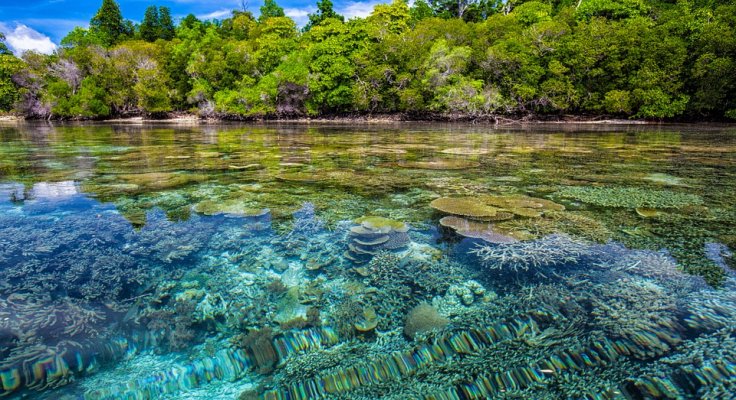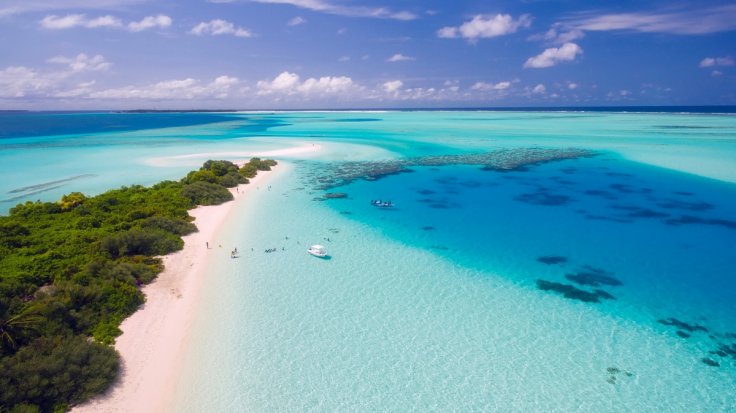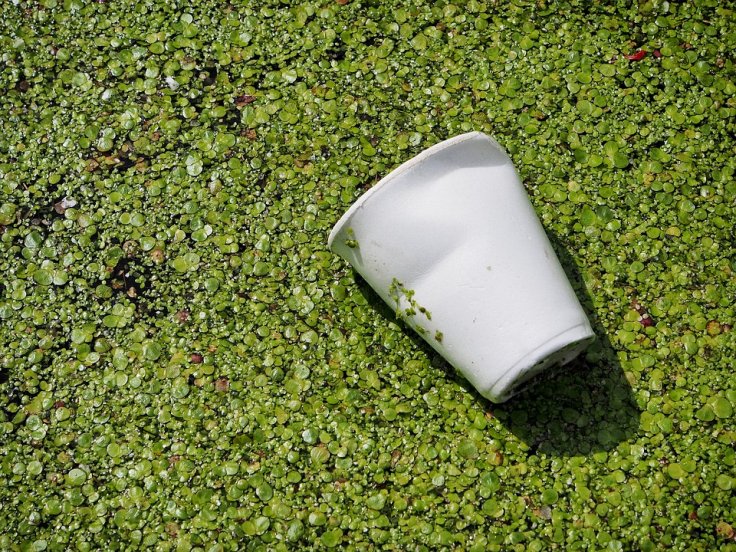
An alarming observation about the depleting environment has come to the forefront where scientists are saying that the oceans are running out of oxygen fast. Needless to say, this is very serious for marine life, which could be suffocated in the absence of the life-giving gas.
The 'deoxygenation' of oceans has been a matter of concern for environmental experts for quite some time. Now, a study published in journal Science states that there has been a four-to-tenfold increase in oceanic areas which have little or no oxygen, causing alarm among experts as half of the planet's oxygen comes from the ocean.
Initially, the reduction in oxygen levels might prove beneficial for the fishing industry as fish and other marine creatures would rise up to the top of the water for oxygen. However, it is very harmful in the long run as the marine ecosystem would be adversely affected. Apparently, the oxygen depletion is occurring between 300 to 2,200 feet in the ocean.
It is not very difficult to imagine how the scarcity of oxygen would impact marine life. Plants would die out and sea animals would suffocate similar to a human trapped in a gas chamber, unable to breathe or escape.
Also read: Double whirlpools capable of sucking in marine creatures spotted in oceans
The team of scientists involved in this study noted that the amount of oxygen-less water in oceans has increased four times in the last 50 years. Coastal waters such as seas and estuaries are more than doubly affected, showing a ten times increase in low-oxygen areas.

Coral reefs and coastal ecosystems are also being gradually destroyed due to this phenomenon. Everyone must have heard of eutrophication of lakes, but this seems to be a large-scale eutrophication of oceans that have the possibility of resulting in a dead ocean.
In the study, conducted by the United Nations Intergovernmental Oceanographic Commission working group called the Global Ocean Oxygen Network, one of the main reasons for deoxygenation is said to be global warming.
This is because warmer waters hold less oxygen. It also prevents oxygen from reaching to the lower water layers of the ocean. This leads to species relocating from their natural habitat, which might cause invasion in other habitats and death of the migrating animals, Lisa Levin, co-author and biological oceanographer at Scripps Institution of Oceanography at the University of California San Diego, told Newsweek.

Coastal areas are being affected by excess nutrient discharge from agricultural activities as well as the mixing of sewage in the water. Dead zones have been observed in the Chesapeake Bay and the Gulf of Mexico where there is so little oxygen that the entire livestock has suffocated and died.
Lead author and marine ecologist with the Smithsonian Environmental Research Center Denise Breitburg believes that climate change and deoxygenation can be reduced by human efforts at a local level. This can be done by reducing nutrient discharge into the ocean and protecting marine life from being further harmed. Alternative lifestyle choices that combat global warming are also welcomed.

It is foolish to imagine that deoxygenation would harm only marine organisms. Many livelihood practices depend upon the well-being of the ecosystem and marine creatures, which would take a bad hit. Furthermore, the loss of balance in marine biome would also spread to the land animals as ultimately, the world is one big place and we will all share the same fate in the long run.









